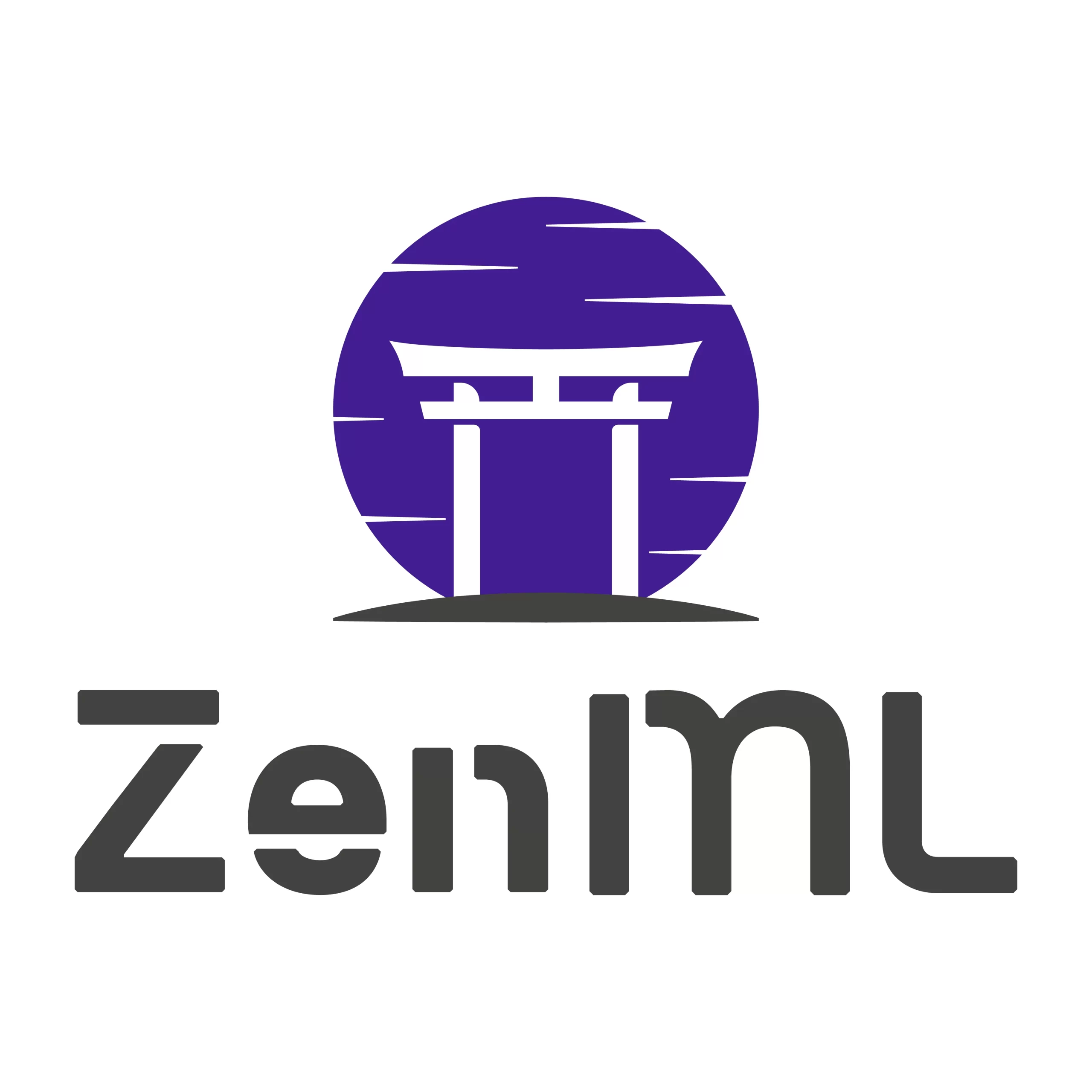Have they ever considered a world where companies could craft AI models tailored to their unique needs? ZenML is making that vision a reality, challenging the dominance of giants like OpenAI.
➜ ZenML: The Open-Source Game Changer
Imagine a tool that binds all open-source AI tools into a cohesive unit. ZenML is that tool, enabling data scientists and engineers to collaborate seamlessly. Its standout feature? Empowering businesses to create private AI models. While they might not rival GPT-4, these models are custom-built for specific needs, reducing reliance on API providers.
➜ The Vision Behind ZenML
Louis Coppey, a partner at VC firm Point Nine, shared his insights on the potential of ZenML:
The idea is that, once the first wave of hype with everyone using OpenAI or closed-source APIs is over, [ZenML] will enable people to build their own stack.
Having secured $6.4 million in funding and based in Munich, ZenML’s founders, Adam Probst and Hamza Tahir, embarked on this journey after their experience building ML pipelines for other companies. Their vision? A modular system that adapts to varied environments and clients, eliminating repetitive tasks.
➜ ZenML’s MLOps Revolution
For budding engineers, ZenML offers a head start in machine learning. Termed ‘MLOps’ is akin to DevOps but tailored for ML. ZenML’s core is its pipelines. These can be run locally or deployed using tools like Airflow or Kubeflow. Plus, it’s compatible with cloud services and integrates with renowned ML tools. As Hamza Tahir, ZenML’s CTO, puts it:
ZenML is sort of the thing that brings everything together into one single unified experience — it’s multi-vendor, multi-cloud.
➜ The Shift Towards Private AI Models
While many companies currently rely on OpenAI’s API for AI features, there’s a growing realization of the limitations of such APIs. They’re often too broad and costly for specific needs. Adam Probst believes:
OpenAI will have a future, but we think the majority of the market will have to have its own solution.
Even OpenAI’s CEO, Sam Altman, acknowledges the importance of both broad and specialized models. With evolving regulations, companies might lean towards AI models trained on specific datasets, especially in Europe.
➜ The Future of AI: Specialized and In-House
Hamza Tahir envisions a future where specialized, cost-effective, in-house models drive AI use cases.
The value of MLOps is that we believe that 99% of AI use cases will be driven by more specialized, cheaper, smaller models that will be trained in house.
As the AI landscape evolves, the one-size-fits-all approach might not cut it. ZenML’s vision of specialized, in-house AI models could be the next big thing. And if you’re curious about the intricacies of AI, NeuralWit offers some deep dives into the subject.


